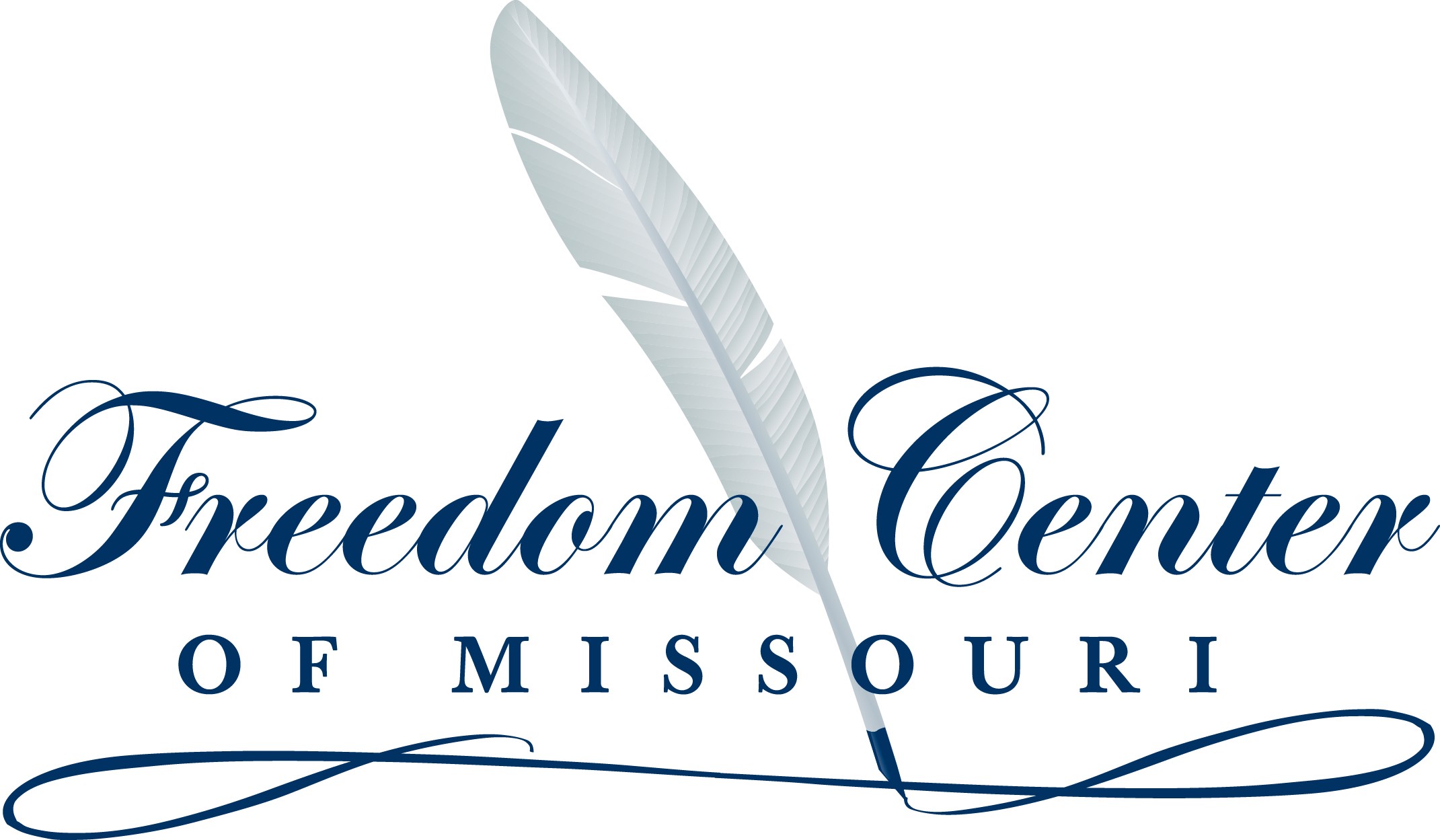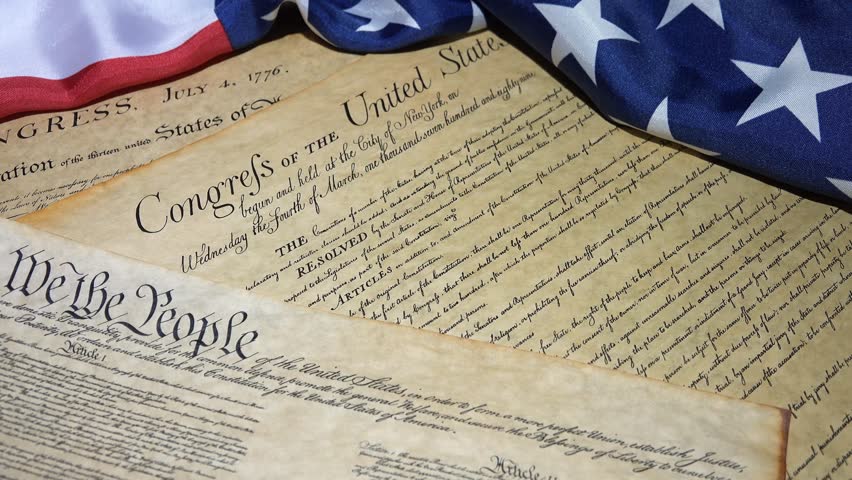On December 21, 2017, the Freedom Center of Missouri and our co-counsel at the Institute for Free Speech filed our final brief on behalf of Ron Calzone in our Citizen Activist Speech case. The Eighth Circuit Court of Appeals is expected to hear oral arguments in this case early next year – we will post an announcement when the court sets the date for those arguments.
Last month we shared a video in which Ron explains the importance of this case, but here is the issue in a nutshell:
The Missouri Ethics Commission has taken the position that the state’s lobbying laws apply not only to professional lobbyists, but also to unpaid citizen activists affiliated with a particular group or organization who attempt to influence legislators regarding public policy. Scores of organizations all over Missouri host “lobby days” each year in which supporters of these organizations go to the state capitol and support bills and policies in line with the organization’s interests. Some of these organizations, such as the Missouri Dental Hygenist Association, actually provide extensive lobby day training for their supporters, including identifying specific legislators for their activists to contact, providing talking points related to specific bills, and assigning activists to act as “spokespersons” for the group. According to the Ethics Commission, merely identifying oneself as a member, representative, or spokesperson of an organization could trigger the statutory requirements to register as a lobbyist and file regular reports on one’s conversations with lawmakers – even if the organization itself has never actually designated the activist to speak or act on the organization’s behalf!
The Ethics Commission’s position restricts an astonishingly broad swath of citizens’ political expression, infringing on not only the activists’ freedom of speech, but also their freedom to petition their government for redress of grievances. Although courts have justified restricting political speech where citizens are either getting paid to promote someone else’s ideas or where they are using gifts or donations to garner politicians’ attention, courts have always required the restrictions to be directly connected to mitigating the potential for corruption that emerges when money and politics collide. But where, as in Ron’s case, there is not even any suggestion that money plays a role in a citizens’ conversations with lawmakers, there can be no possible concern about corruption. Thus, the Commission’s legal position goes far beyond any that courts have ever found to be permitted by the First Amendment.
This case is the first of its kind, which makes it crucially important because the first case to be decided on a particular legal question sets the terms of debate for similar cases that follow. We are committed to setting a precedent that will protect not only Ron Calzone’s First Amendment liberties, but the freedoms of citizens all over the county! You can see the arguments we made in our latest brief below.
Calzone Reply Brief - FINAL
